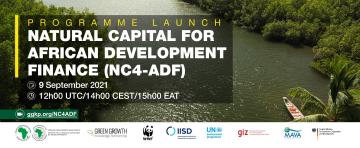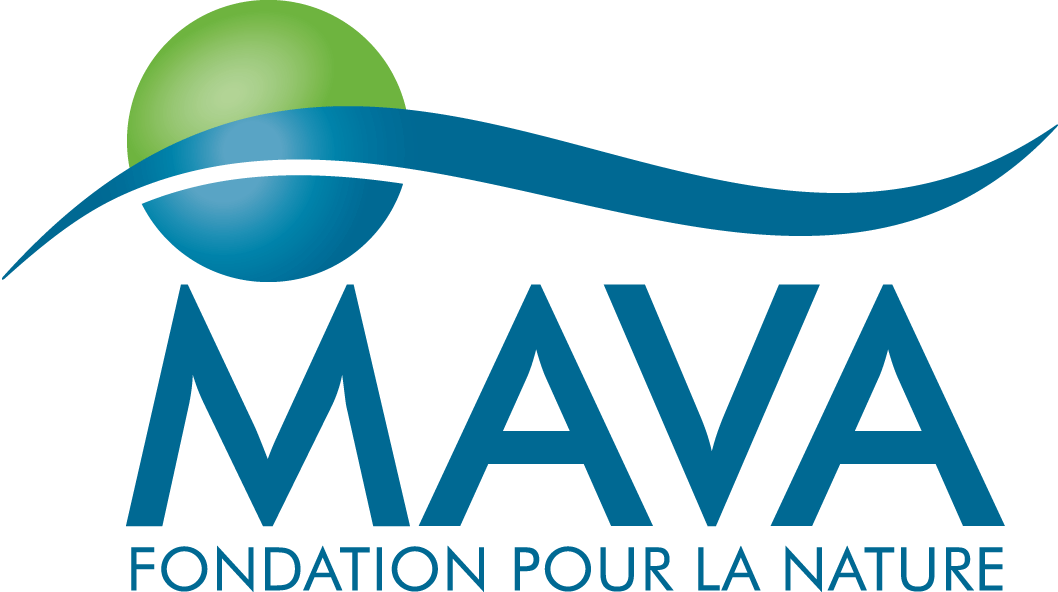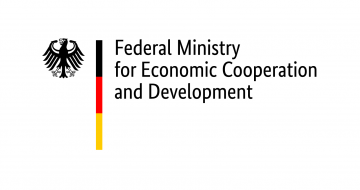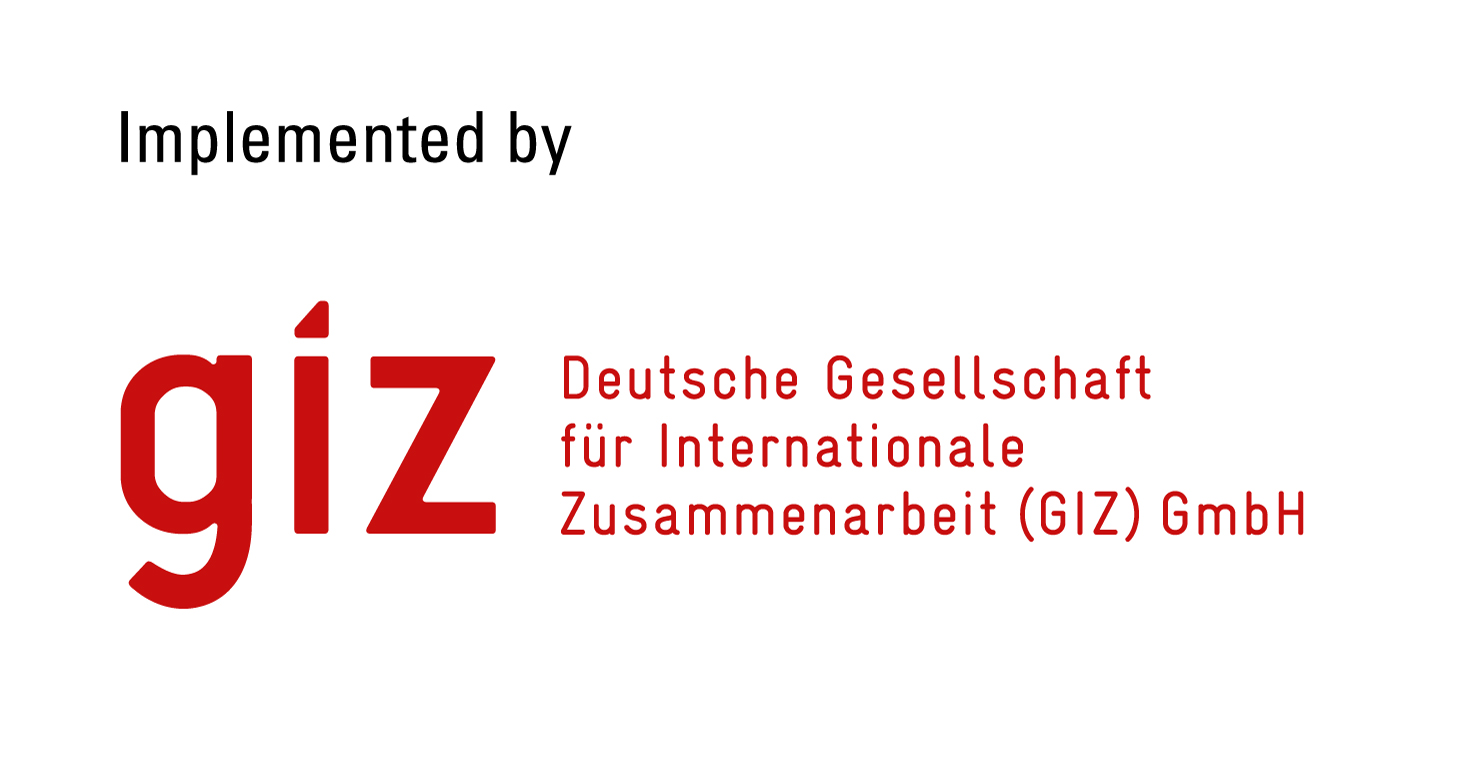GGKP News

Recognizing that new investment models and practices that promote a better use of the values provided by natural capital is critical to a green recovery, the Green Growth Knowledge Partnership (GGKP) – together with the African Development Bank Group (AfDB) and the World Wide Fund for Nature (WWF) – recently launched the Natural Capital in African Development Finance (NC4-ADF) programme, which aims to mainstream natural capital approaches in African infrastructure finance.
On 9 September 2021, high-level representatives from government, multilateral development banks and international organizations introduced the NC4-ADF programme and discussed how best to incorporate natural capital assessment and accounting in development finance decision-making.
“If we continue to fail to conserve our natural environment and use it sustainably, we endanger the prosperity of current and future generations,” said Niels Breyer, Executive Director of the AfDB representing Germany, Luxembourg, Portugal, and Switzerland for the German Federal Ministry for Economic Cooperation and Development (BMZ).
According to AfDB, natural capital accounts for between 30% and 50% of the total wealth of African countries, although it is often not taken into account in economic measures such as the calculation of gross domestic product (GDP).
“Africa holds enormous potential in renewable and non-renewable resources,” said Kevin Chika Urama, Senior Director of the African Development Institute. “This includes agriculture, forests, the blue economy, energy, the extractives, and more, which make up the building blocks of natural capital, and could be the foundation for a green recovery on the continent.”
In the face of climate change and biodiversity loss, natural capital will be a key asset supporting inclusive and green growth.
“Implementation of the NC4-ADF programme will make an important contribution to a new economic investment model focused on nature-based solutions,” added Emília Fumo, Permanent Secretary in the Ministry of Land and Environment of Mozambique. “This will also facilitate a green recovery post-COVID19 and significantly contribute towards the successful implementation of Mozambique’s Green Economy Policy.”
Mozambique is one of several African countries taking part in the NC4-ADF programme, and André Hoffmann, President of the MAVA Foundation, highlighted the country’s progress as an example to be replicated elsewhere in African development. “No country can have a well-functioning economic system without stable nature capital,” he said. “This is especially so in Africa which is blessed with incredible biodiversity. Such natural capital should be the basis for allocating financial capital on the continent.”
However, Ben Simmons, Head of the GGKP Secretariat noted that “Despite a large body of existing science and data on the value of nature and its importance to economic and financial decision-making, it is still not reflected in policy decisions by governments.”
The NC4-ADF programme, which runs until 2022, aims to change that by mainstreaming natural capital in African development finance operations and in the economic planning processes of African countries.
“By demonstrating the value of nature and the links between financial and environmental risk, we can redirect the flow of finance away from activities that harm our planet to those which restore our environment,” said Alice Ruhweza, Africa Regional Director for WWF, the programme’s lead implementation partner.
Vanessa Ushie, Manager of the Policy Analysis Division in AfDB’s Natural Resources Centre and Co-Chair of the NC4-ADF programme, added: “We recognize that new investment models and practices are needed to promote better use of the values and ecosystem services provided by Africa’s natural capital. The NC4-ADF programme will support Africa's recovery from the COVID-19 pandemic while addressing the global climate change and biodiversity emergencies.”
To demonstrate the value of the natural capital approach to infrastructure finance and green growth in Africa, a pilot testing has been completed to demonstrate how natural capital approaches can be applied in the planned Kakono Hydropower Plant in north-western Tanzania, using the Sustainable Asset Valuation (SAVi) methodology.
Nathalie Bernasconi-Osterwalder, IISD Executive Director, observed that “systems-based assessments such as the SAVi assessment done for the Kakono Hydropower Plan will help mainstream natural capital approaches in development finance because they help generate a better understanding of the value of natural capital and how it impacts the performance of built infrastructure.”
"Using natural capital valuation approaches can inform decision-making on the design and financing of green, resilient infrastructure projects in Africa", added John Maughan, Co-Chair of the NC4-ADF programme and Research Programme Manager at GGKP, who stressed the need for more case studies to better understand what it really means when the natural capital approach is applied to an African infrastructure finance project.
For more information on the launch event, visit here.
***
About the NC4-ADF Programme
The NC4-ADF programme is led by the AfDB and GGKP and funded by the MAVA Foundation for Nature and the German Federal Ministry for Economic Cooperation and Development (BMZ) through its Green Value Initiative – Natural Capital in Africa implemented by the Deutsche Gesellschaft für Internationale Zusammenarbeit (GIZ). The major implementing partner is the Worldwide Fund for Nature (WWF). Other partners involved in the programme are GIZ, the International Institute for Sustainable Development (IISD) and the Economics for Nature (E4N).
For any inquires on NC4-ADF, contact:
- Salimata Soumare, Technical contact, NC4-ADF Programme, AfDB, v.ushie [at] afdb.org (s[dot]soumare[at]afdb[dot]org)
- John Maughan, Co-chair, NC4-ADF Programme, GGKP, jmaughan [at] ggkp.org (jmaughan[at]ggkp[dot]org)
- Dr. Eugene Itua, Policy & Advocacy Coordinator, NC4-ADF Programme, eitua [at] wwfint.org (eitua[at]wwfint[dot]org)
- Dr. Robert Ddamulira, Technical Coordinator, NC4-ADF Programme, rddamulira [at] wwfint.org (rddamulira[at]wwfint[dot]org)
With generous support from the following funding partners:



